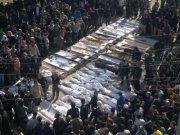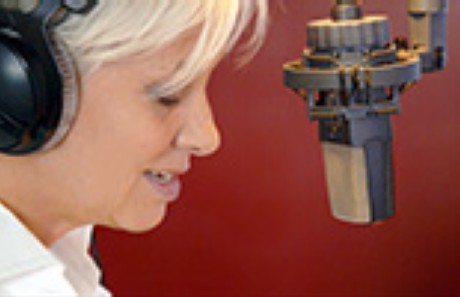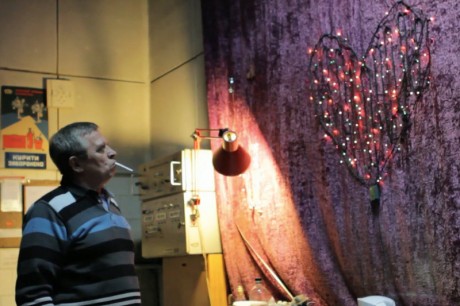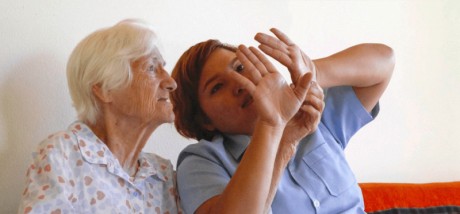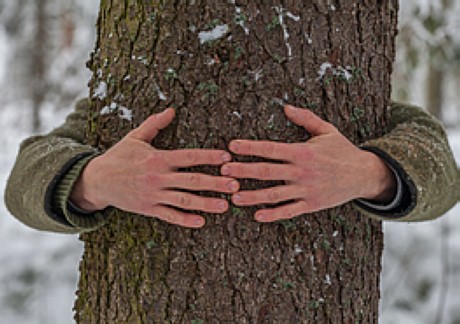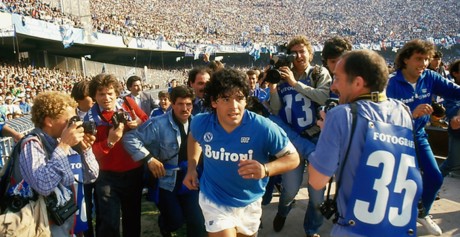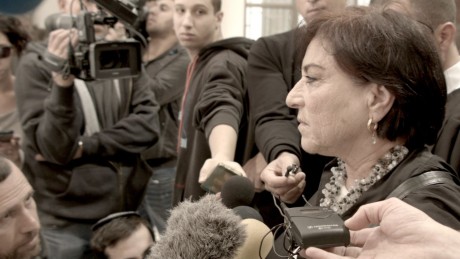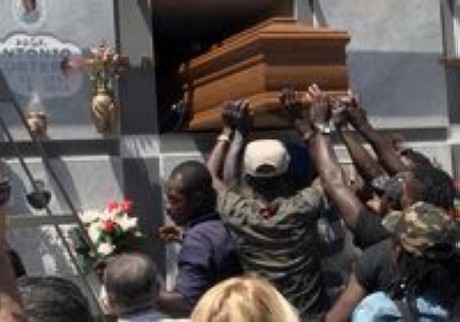”Me No Worry, Me No Care, Me Go Marry a Millionaire, If He Dies Me No Cry, Me Go Marry Another Guy”… are the words Pomm uses to wake up Elisabeth, who reacts with a smile. Pomm calls Elisabeth mother or granny, she is her caregiver in the centre in Thailand, where Western alzheimer patients stay and are given care by Thai women like Pomm.
Who is the central character of the film. And who has been given a camera by the director to make video diaries that are included in a film that deals with a theme of importance to all of us. Before the mentioned warm and touching scene, up front in the film, before the title credits, Pomm has filmed her house and the youngest of three children, Nadia, with words of sadness: I gave birth to three children but I can not take care of them. She has to earn money away from home to support them… Alas, the eternal story of rich and poor, the lack of equality in the world we live in.
Yes, Pomm, the young woman on the photo, is a MOTHER. The old woman
who is next to her suffers from Alzheimers. She, Elisabeth, is a MOTHER as well but has reached the stage of the illness, because of a stroke, where she is not able to communicate with words, only with sounds that are not understandable. Pomm has three children, two of them live with herMOTHER 4 hours from the centre in Thailand, where she works as a caregiver for Westerners with Alzheimer.
… meanwhile, somewhere in Switzerland, the 57 year old MOTHER Maya has been diagnosed with the illness and her family decides to bring her to Thailand, where she becomes the new patient of Pomm.
The two stories are interwoven with Pomm as the link.
It’s an ambitious second feature documentary film that talented Kristof Bilsen has made after his success with ”Elephants Dream”, that I praised on this site, link below.
And it is a film full of emotions – love and sadness, life and death – with Pomm as the central person, who gives so much care to the patients, presence and care she is not able to give to her children and her mother. That’s the tragedy conveyed in the film stated from the very beginning till the end, where Pomm visits little Nadia, who lives with her father and who is totally in tears, when the mother hugs her saying that she has to stop crying otherwise your father will not allow me to visit you any longer! It is a heartbreaking scene, almost unbearable that the film should end like this…
The film that goes from Thailand to Swizerland, to different places in Thailand and presents Elisabeth as a dying patient, and Maya as one who comes with her caring family to have fine moments with Pomm… has accordingly a difficult narrative construction even if Pomm with her voice-off reflections is there to bind all the elements together. The question is whether Bilsen succeeds to create the emotional flow that he aims at with his great cinematic skills and ability to get close to his characters. And whether he overestimates the viewer’s (in this case me) ability to digest so many emotional scenes – to see Maya almost disappear in front of your eyes in the best part of the film, where Pomm takes her around, where she smiles but says nothing but seems happy, going on to the scene where she is unable (or unwilling?) to communicate on skype with her husband in Switzerland. And from that to the mentioned scene at the end with Pomm and the youngest Nadia. After we earlier have heard that Pomm’s father wanted to take his own life through a motorbike accident – that could give the family a life insurance! He failed and used a gun instead!
Less is more I have been thinking. But Is that a fair critique of a film that has stayed in my mind since I saw it last night. Probably not! It will be a film that travels to raise good discussions about how we face old age and illnesses like dementia, with the indirect message delivered in an emotional frame that we have to care!
Belgium, Holland, UK, Switzerland, 2019, 82 mins.
https://www.motherdocumentary.com
http://www.filmkommentaren.dk/blog/blogpost/2982/



